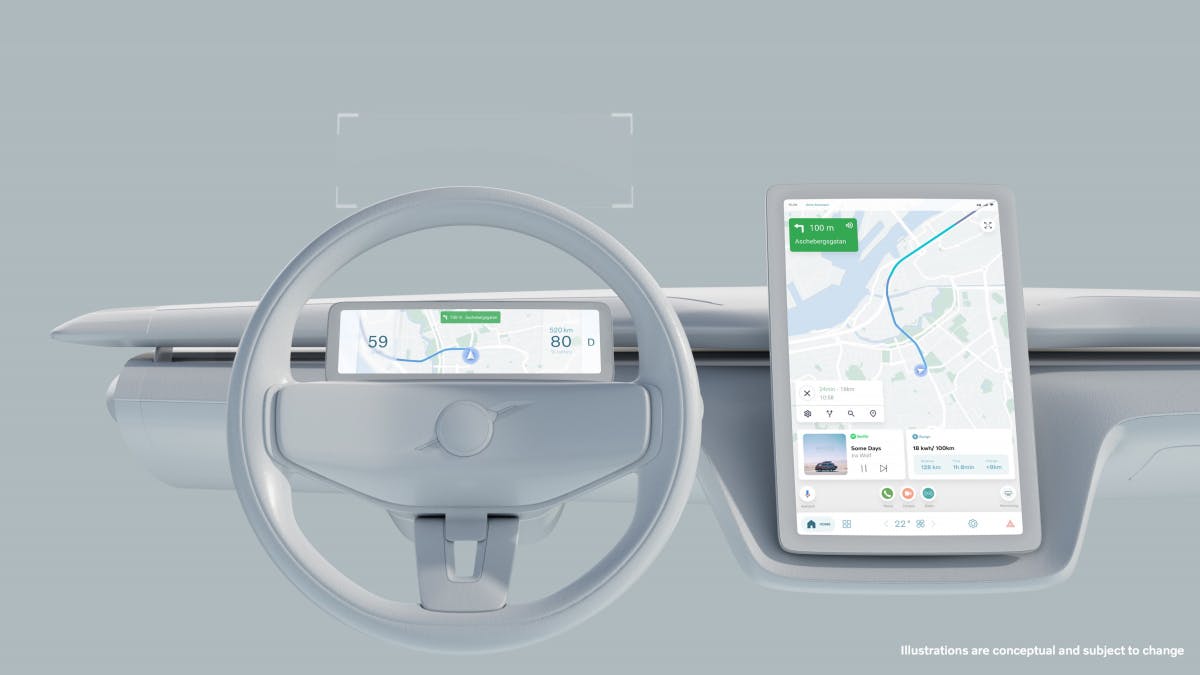Paris climate target can be achieved by reducing methane
In the next few decades we have to sustainably reduce our emissions and avoid greenhouse gases where possible. Carbon dioxide, for example, enters the atmosphere every day and remains there for several generations, so the earth continues to heat up as its concentration increases. Here, ideas are currently being developed in many places to bind CO₂ in the long term or even to remove it from the atmosphere.
Another gas often fades into the background: methane. The compound, which we often associate with cows, is not as much of a problem as carbon dioxide – it only stays in the atmosphere for about a decade – but it still heats up our planet more.
So far, methane has contributed around 30 percent to global warming, which is around 0.5 degrees Celsius, but there is still only 1 part methane for every 200 parts of CO₂. This means that the impact of the gas on our planet is 86 times greater than that of carbon dioxide.
It is now becoming clear that we cannot save the planet by reducing and collecting methane, but we could avoid the worst effects of global warming in the next few decades and achieve the Paris climate goals. So we’d buy a little more time to solve the biggest problems.
If we reduce the methane concentration in the atmosphere by around 40 percent, the planet would warm up by around 0.4 degrees Celsius by 2050 than if we continued as before. If, on the other hand, we emit around 45 percent less methane, the warming would be 0.28 degrees Celsius lower by 2050. Since the process to get there is a bear task, researchers are calling for more support, political measures and new technologies could lead us on the right path after all.
Own opinion:
The effects of methane on the climate have been researched for a long time, but our priority so far has always been carbon dioxide. The new findings make it clear that by reducing methane we can buy more time, time that we urgently need to solve our problems. It is therefore to be hoped that we will turn to the subject in the next few years.



